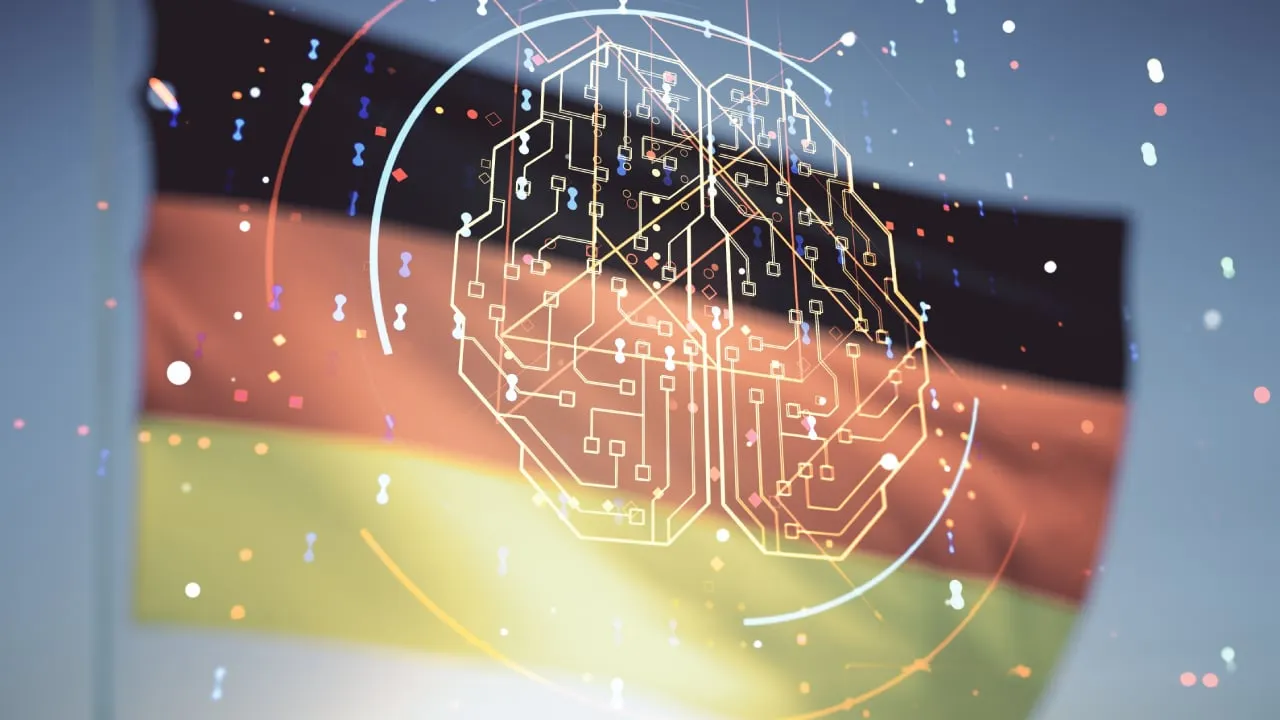As the global race for artificial intelligence (AI) innovation intensifies, Germany is making strategic moves to stay competitive.
Last Wednesday, Research Minister Bettina Stark-Watzinger revealed Germany's ambitious plan to double its public funding for AI research, elevating the investment to nearly one billion euros in the forthcoming two years.
This financial commitment is designed to achieve multiple objectives: establishing 150 university laboratories, expanding Germany’s data center capacity, and ensuring easier access to pivotal data for AI algorithm training.
In the face of AI titans like China and the United States, Germany is determined not to lag. Yet, the challenge is daunting. To put things in perspective, the U.S. poured $3.3 billion into AI research in 2022 alone, according to a Stanford University report.
Furthermore, U.S. private AI investments in the same year soared to $47.4 billion, overshadowing Europe's combined expenditure and significantly outpacing China's investments of $13.4 billion.
“AI made in Germany”
However, Stark-Watzinger believes Germany has a unique edge, pointing to Europe's evolving regulatory landscape, which prioritizes privacy and personal safety.
This framework, she argued, could prove to be a magnet for AI professionals and businesses, especially when coupled with the collaborative spirit within the European Union.
"Our AI is explainable, trustworthy, and transparent," the research minister said in a public statement.
Historically, Germany's foray into AI has been measured. The nation has around 1,600 AI startups, a figure that doubled in 2023. Yet, as Stark-Watzinger admitted, this only positions Germany ninth in the global rankings.
The German government’s interest in AI is not new. In 2018, Berlin rolled out its "AI made in Germany" blueprint. This comprehensive strategy outlined 14 goals across 12 action areas.
Key highlights included bolstering AI research, leveraging competitions to spur innovation, and motivating businesses of all scales to embrace AI. The strategy also emphasized the welfare of German citizens, robust IT security, and the ethical and legal grounding of AI research.
At the time, Germany’s then-Chancellor Angela Merkel asserted that, "Germany and Europe must lead in artificial intelligence. Our prosperity hinges on it, as does upholding our European values and safeguarding privacy in this digital age."
Back then, the government earmarked approximately three billion euros for its AI strategy, predominantly for research. The expectation was that private sector investments would match these public funds, culminating in a €6 billion euro infusion by 2025.
However, with the AI landscape evolving rapidly and Germany's economy teetering on the brink of a recession, Berlin recognized the need for a more aggressive stance on this pivotal technology.
Leading German corporations like BMW, Siemens, and Zalando are already harnessing AI for autonomous vehicles, train coordination, and enhanced customer experiences, respectively. But the fate of Germany's economy now depends on further investments to help its economic champions to stay ahead of the competition.
When Decrypt reached out for comment, the office of Germany’s research minister did not respond immediately.

